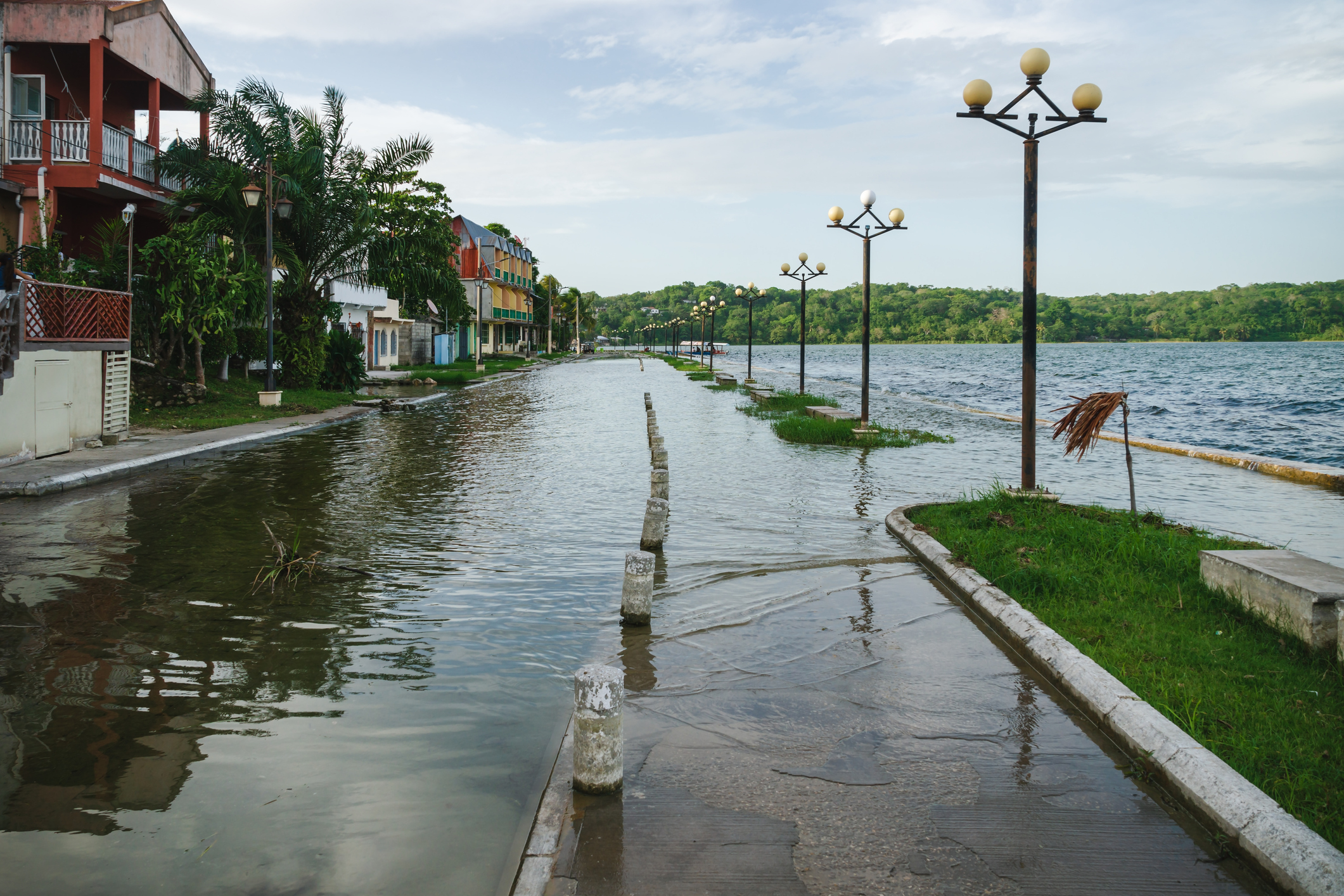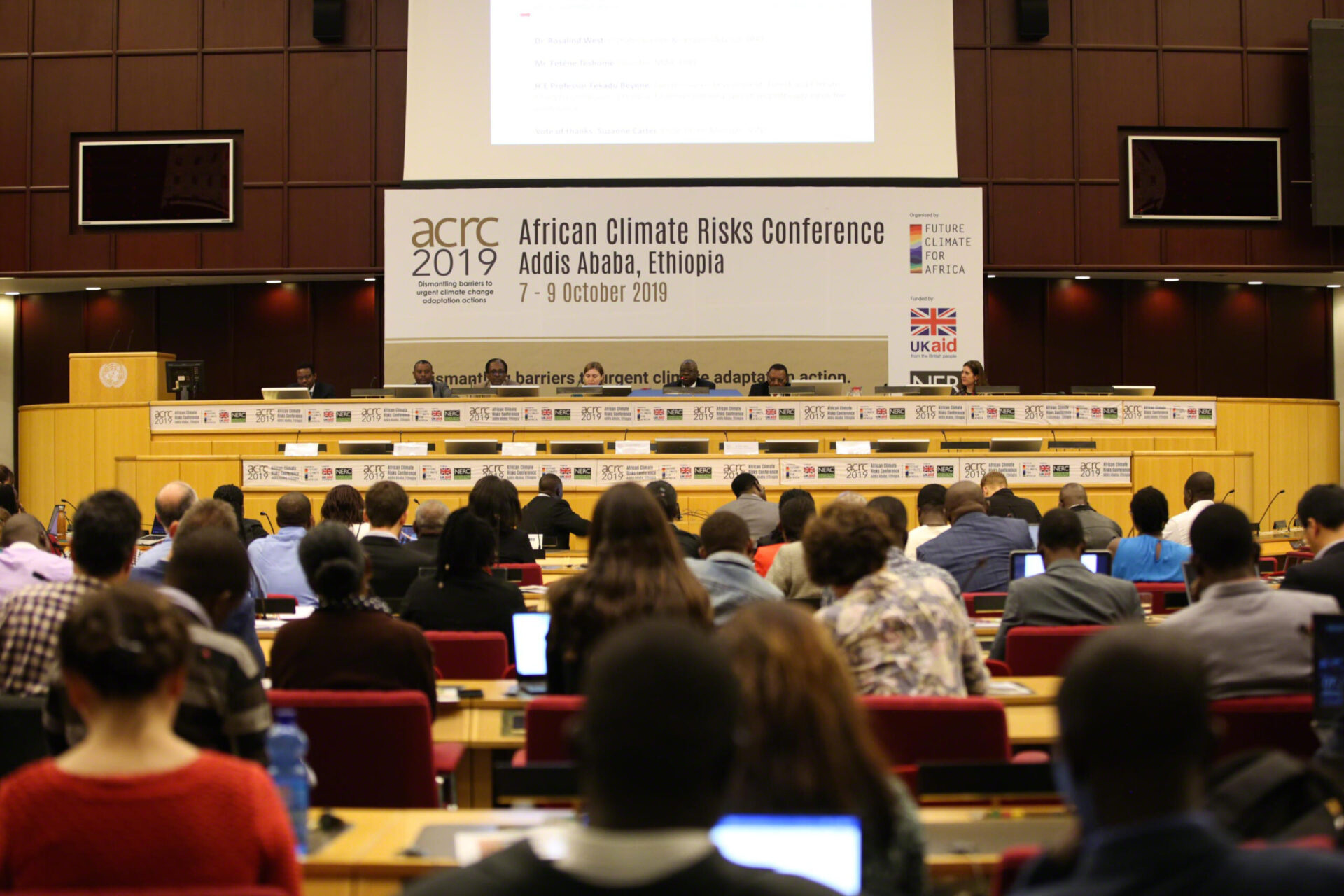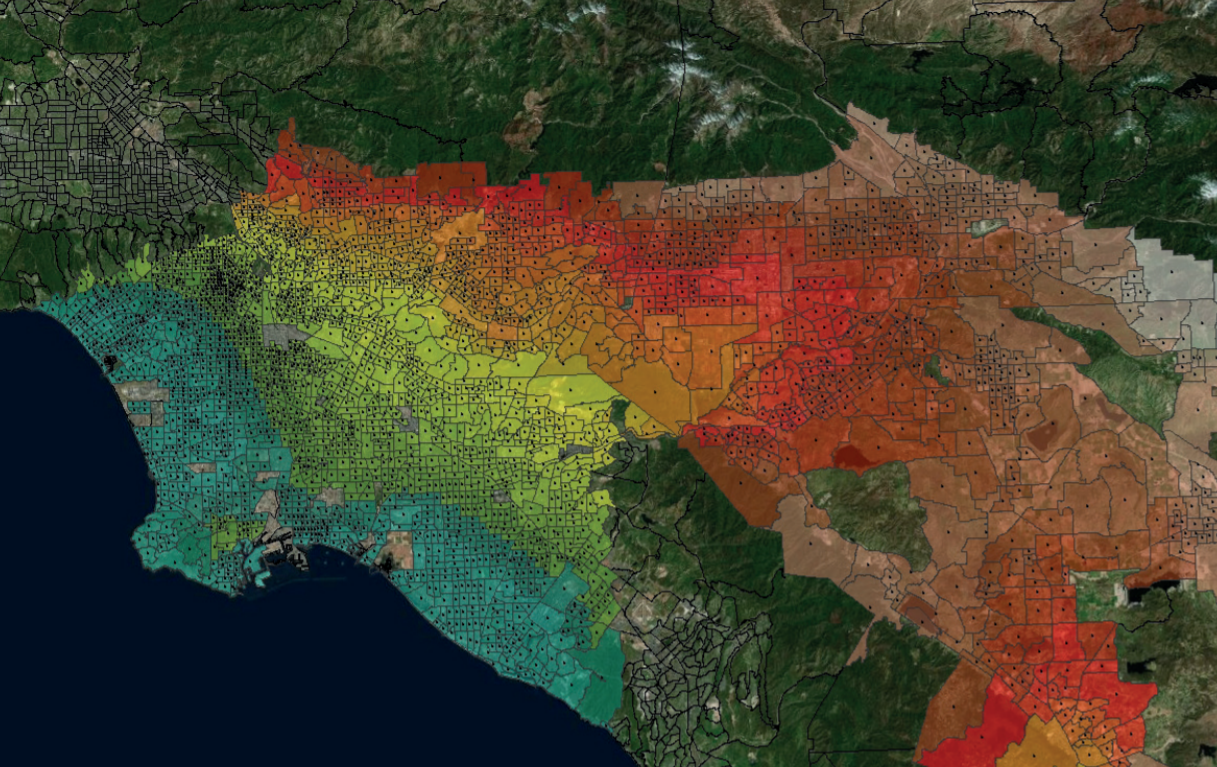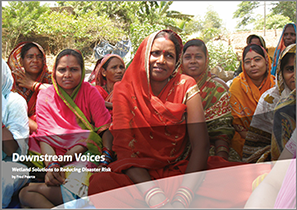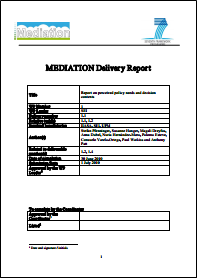multi-level governance
Evaluating Adaptation: An Analysis of Policy Progress in Coastal Cities and Regions
Explore the findings of the CLIC project “Are cities properly preparing for climate change?” and learn more about the European Research Council (ERC) funded project ‘IMAGINE adaptation’ in this policy brief. It highlights the urgent need to evaluate adaptation in urban areas and understand progress across governance levels.
Q&A: Francis X. Johnson on the IPCC Synthesis Report
Read this Q&A on the Synthesis Report of the IPCC Sixth Assessment Report – its significance, highlights and next steps, by Francis X. Johnson, SEI Senior Research Fellow and member of the Extended Writing Team.
Transboundary climate risk and adaptation
This policy brief summarises the present state of knowledge on transboundary climate risks and discusses the implications for adaptation programming, policy and global governance.
African Climate Risks Conference 2019 – Conference Report
Future Climate for Africaorganised the first African Climate Risks Conferenceon 7-9 October, 2019 in Addis Ababa, Ethiopia. This report provides an overview of discussions during the conference.
RegionsAdapt 2018 Report: Multi-level Governance in Climate Change Adaptation
The RegionsAdapt 2018 Report gathers the physical and socio-economic climate risks that 42 regions around the world face and their best adaptation practices to address these challenges.
Decentralising climate finance: insights from Kenya and Ethiopia
This paper explores different mechanisms for delivering climate finance at the local level.
From the ground up: How communities can collaborate to drive local adaptation and influence the national agenda
This analysis from CDKN identifies a series of approaches to help community-level organisations to increase climate resilience in the Caribbean.
Forging low emission development paths in Latin America & the Caribbean
This publication from the LEDS GP’s Subnational Integration Working Group and LEDS LAC investigates the multi-level dynamics, from local to national level, that underpin low emission action in LAC.
Downstream Voices: Wetland Solutions to Reducing Disaster Risk.
This book makes the case for addressing ecosystem degradation as one of the root causes of risk and vulnerability and for opting for ecosystem-based solutions as a way to reduce disaster risk and build community resilience. It focuses on water-related hazards in particular, as they make up a vast majority of risks, and are often exacerbated by inadequate water and natural resource management.

